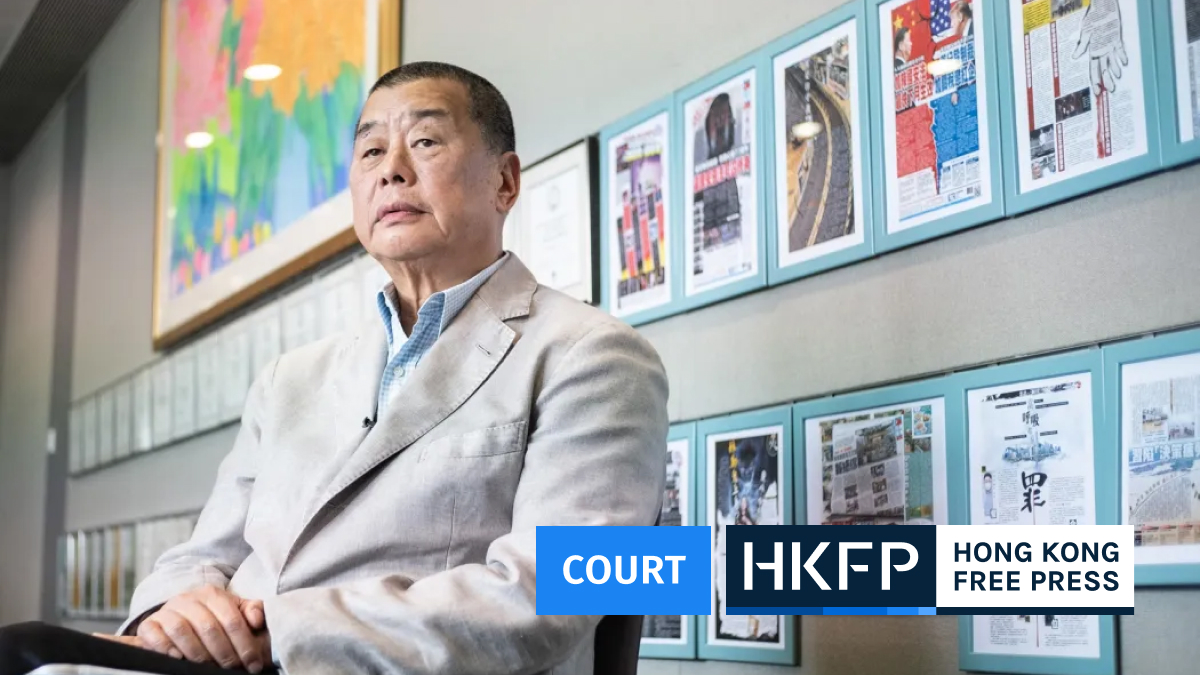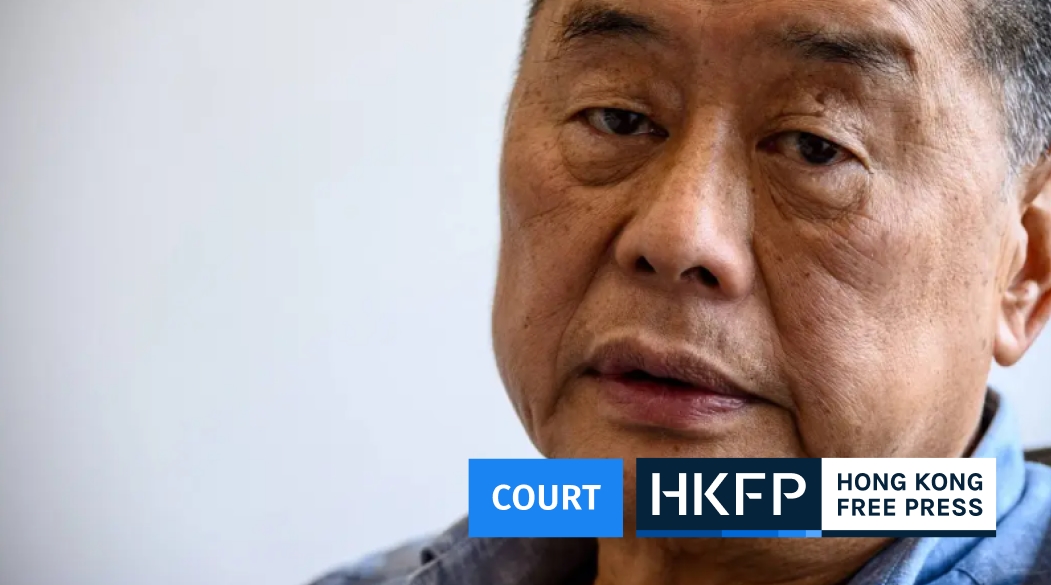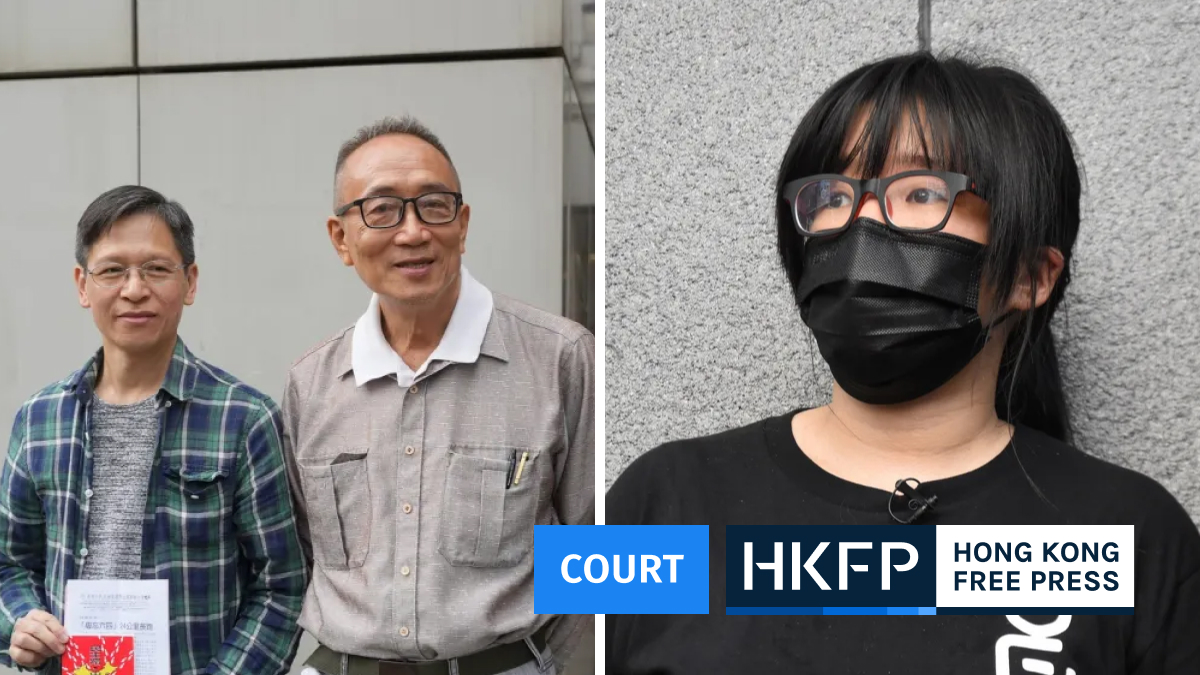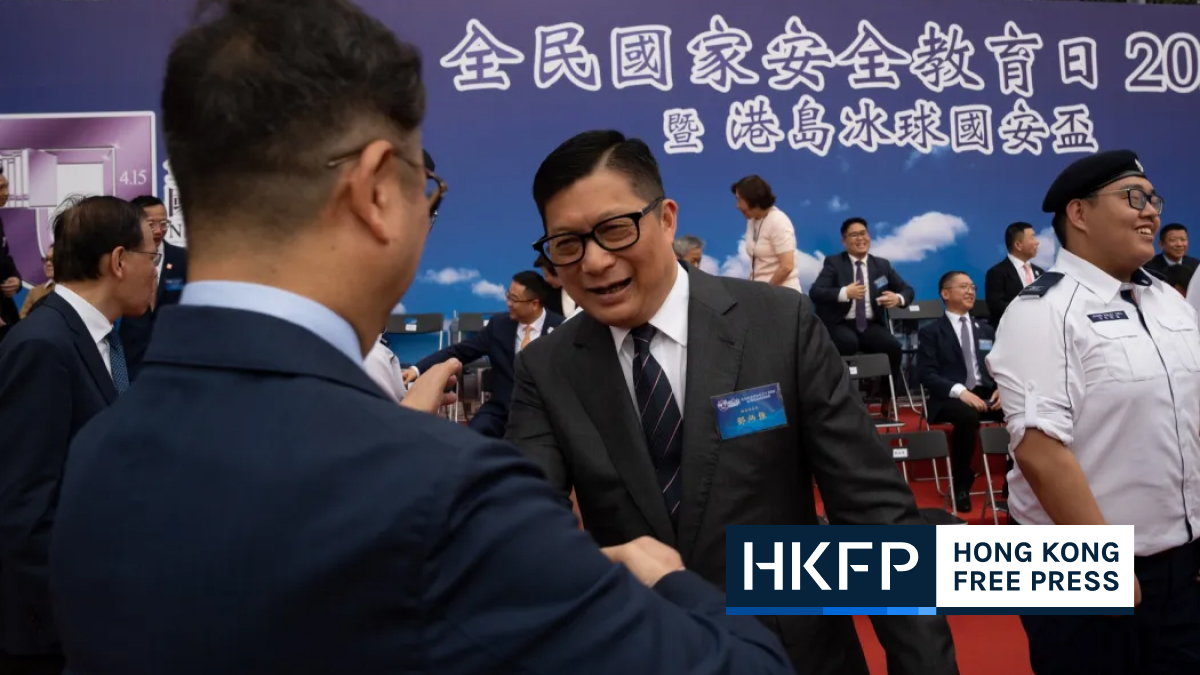Hong Kong courts have adopted a broad interpretation of rioting, meaning people at the scene may be found guilty of “taking part” in a riot if the court finds they encouraged others through words or gestures, Secretary for Justice Teresa Cheng has said.
Cheng’s comments came after the city’s highest court ruled last Thursday that the common law principle of “joint enterprise” – whereby a secondary offender may be found guilty of the same charge as a primary defendant – did not apply to cases of rioting and unlawful assembly. The ruling meant that people who were not present at the scene of the crime cannot be found equally as liable as those who were there.

“A defendant is considered to be ‘taking part’ if he or she performs the acts prohibited or acts in facilitating, assisting or encouraging others… While mere presence does not make a person guilty, it does not take a great deal of activity to move from mere presence to encouragement, such as by words, signs or gestures, or by wearing the badge or ensign of the rioters,” the secretary wrote on her official blog on Sunday.
The post aimed to highlight the “significant legal points” of the court’s judgment to ensure the public has “a better understanding of the offences,” she wrote.
The Court of Final Appeal’s (CFA) decision last week overturned a Court of Appeal (CA) ruling which sided with the Department of Justice and stated a person does not need to be present at the scene of a riot to be held principally liable.
The judgment was linked to an appeal by activist Henry Tong, who was found not guilty of rioting during the 2019 pro-democracy protests and unrest last July.
Tong was acquitted because of a lack of evidence showing he was at the scene of a riot, which prompted the Department of Justice to ask the city’s appellate courts to clarify whether the principle of joint enterprise applied to cases of rioting or unlawful assembly.
Secondary offences
Although the CFA ruled the principle was not applicable to the offences, Cheng added that it was “important to bear in mind” that the court ruled people connected to but not present at the scene of riots or unlawful assemblies may still be found liable through secondary offences.
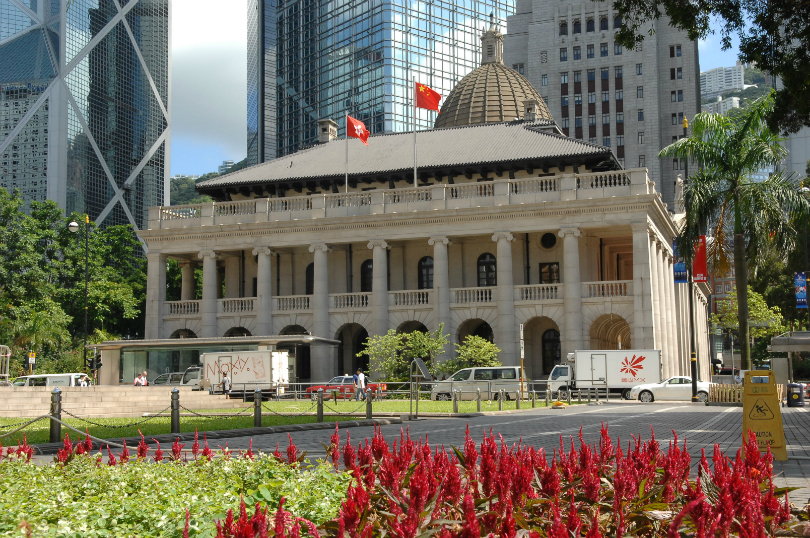
“Those masterminds who remotely oversee and give commands, fund or provide materials for the unlawful assembly or riot, encourage or promote it on social media, provide back-up support to participants such as collecting bricks, or act as lookouts may either be ‘taking part’ as principals or liable as aiders and abettors if present at the scene,” she wrote.
Last week’s ruling laid down legal guidelines for upcoming riot and unlawful assembly trials, which have piled up in the city’s courts since the 2019 anti-extradition law demonstrations. Rioting carries a maximum penalty of ten years’ imprisonment under the Public Order Ordinance.
Support HKFP | Policies & Ethics | Error/typo? | Contact Us | Newsletter | Transparency & Annual Report | Apps
Help safeguard press freedom & keep HKFP free for all readers by supporting our team





















